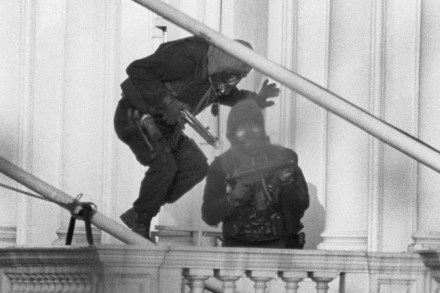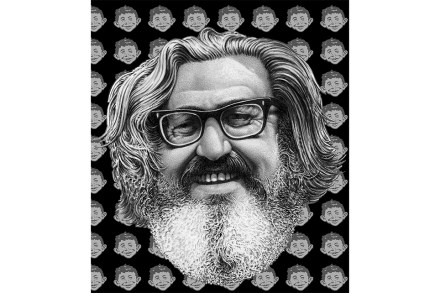A wish-fulfilment romance: Intermezzo, by Sally Rooney, reviewed
An earworm from the time of Covid: the sound of Connell and Marianne having breathless sex, bedsprings squeaking. I’m talking not about 2020’s hit TV adaptation of Sally Rooney’s bestselling second novel, Normal People but about the relentless piss-take featured on BBC Radio 4’s Dead Ringers. After every few skits the show would cut to an audio clip of the two undergraduates going hard at it. The joke was in the repetition – an exaggeration of the extraordinary density of earnest sex scenes in Rooney’s writing. It was crude, cruel and very funny. There is a wider than usual gulf between the writer Rooney wants to be and the writer




















